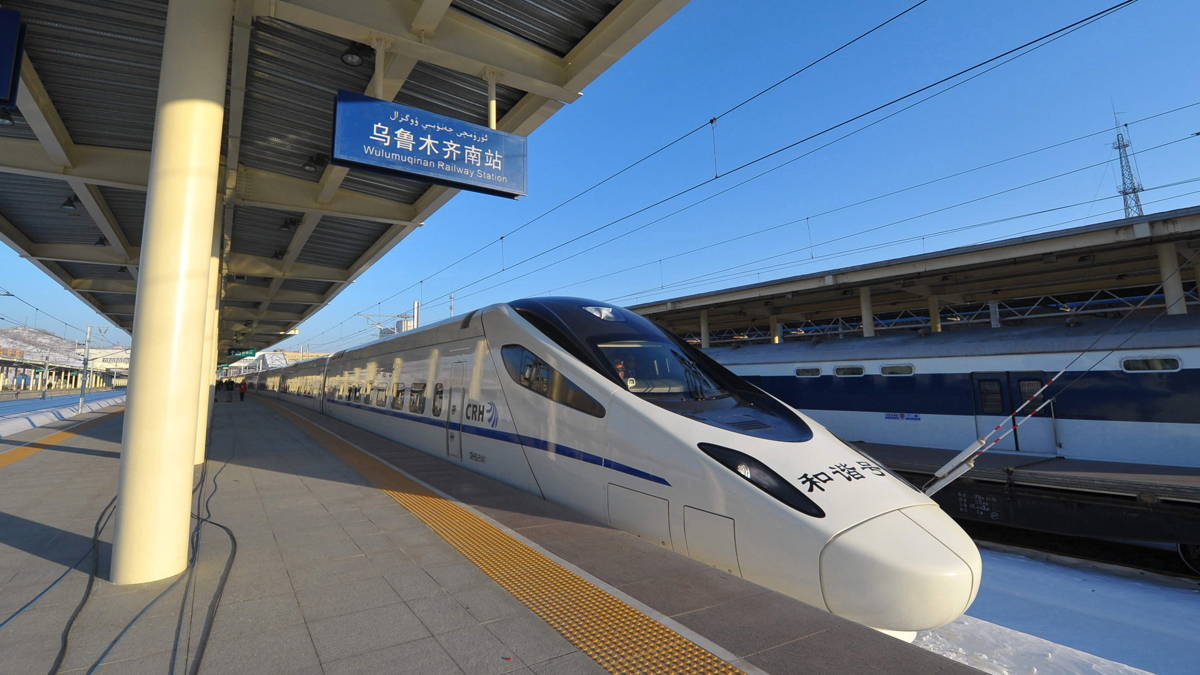
China Railway Hikes Fares to Manage $859 Billion Debt Amid Network Expansion

China’s state-owned railway company, China Railway, has raised prices on major high-speed routes and introduced premium seats in a bid to manage its soaring $859 billion debt, accumulated through aggressive network expansion.
This summer, the company implemented a new fare structure on four major high-speed routes. The changes include a roughly 20% increase in base fares, followed by variable discount rates depending on factors like season and time of day. For instance, on the Shanghai-Hangzhou route, business class fares increased from 219.5 yuan ($31) to 306 yuan, first class from 117 yuan to 140 yuan, and second class from 73 yuan to 87 yuan.
Despite the base fare hike, China Railway announced that discounts of up to 45% would apply based on demand, positioning the change as a fare optimization rather than a straightforward price increase. This dynamic pricing strategy, commonly used in the airline and hotel industries, raises fares during peak demand times while lowering them during off-peak periods to maximize seat occupancy.
However, a review of fares on the Wuhan-Guangzhou route between August 19 and 25 revealed that over 50% of fares had increased post-revamp, with prices remaining stable for about 40% of seats and dropping for just 5%.
Authorities are closely monitoring public reaction to the fare hikes. The state-run Xinhua News Agency defended the increase, noting that fares on these routes had remained unchanged for over a decade, despite rising operational costs.
In addition to fare adjustments, China Railway introduced a new premium first-class seat category on some routes, priced about 40% higher than standard first-class seats, offering more space and access to business-class lounges.
The fare hikes come as China’s economy faces a downturn, but China Railway’s debt burden leaves little choice. The company’s debt reached 6.13 trillion yuan ($859 billion) by the end of 2023, far surpassing the debt of troubled property giant China Evergrande Group. Despite an operating revenue of 1.2 trillion yuan in 2023, China Railway’s net profit was a mere 3.3 billion yuan, following several years of net losses due to the pandemic’s impact on passenger numbers.
China’s rail network expanded to 159,000 kilometers in 2023, a 20% increase over five years, with high-speed railways accounting for 45,000 km of that total. However, this rapid expansion has not led to profitability, with some stations underutilized or even abandoned shortly after opening.
Despite these challenges, China Railway is expected to continue its large-scale investments, with plans to expand the high-speed rail network by 8,000 km by 2027, bringing the total to 53,000 km.












Comments